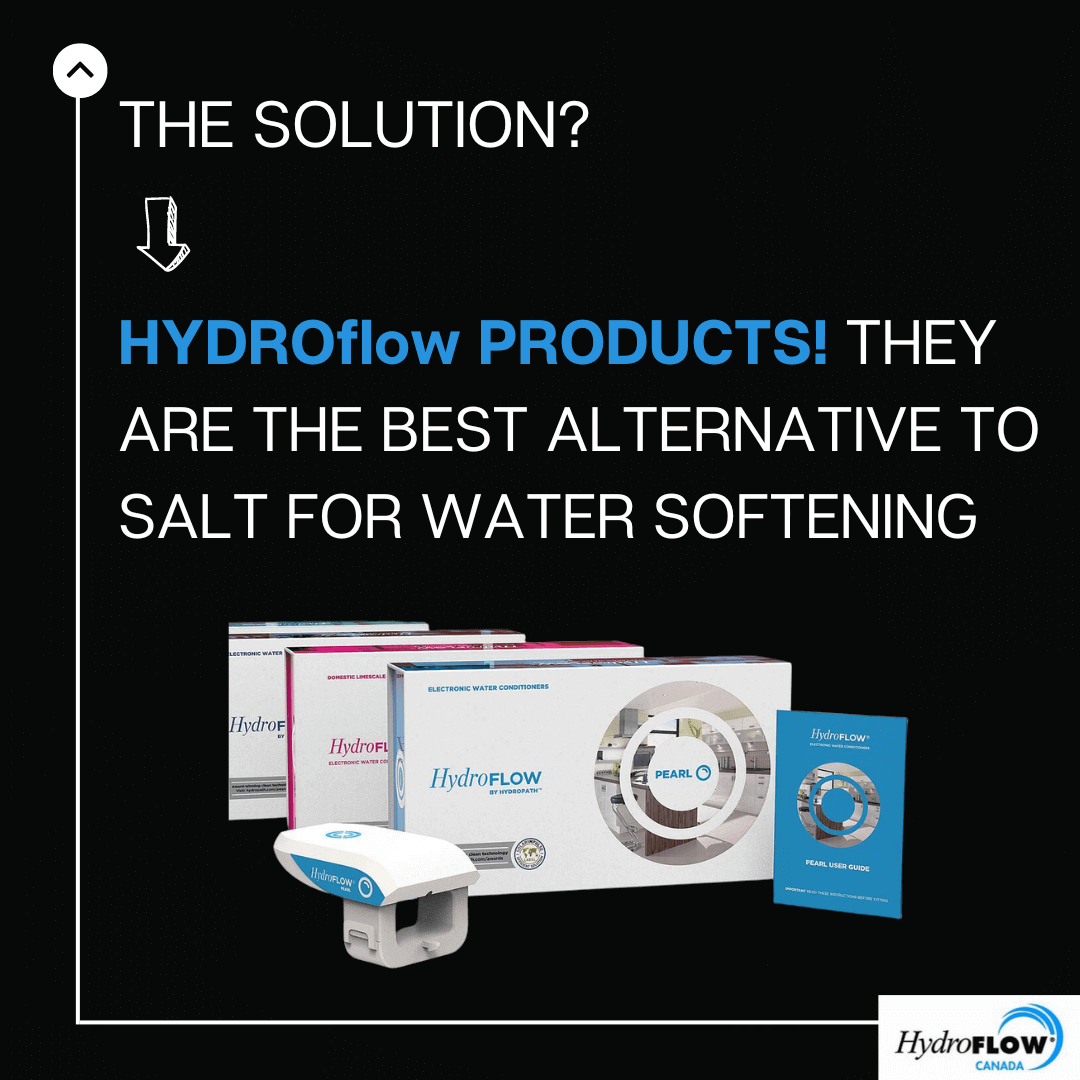Introduction
Water is essential for our daily lives, from quenching our thirst to maintaining personal hygiene and household chores. However, the quality of water can vary significantly, with hard water being a common issue in many areas. To combat this, many homeowners turn to water softeners, but the most popular choice, salt-based water softeners, come with their own set of drawbacks that are often overlooked. In this blog, we'll delve into the harms and disadvantages of using salt as a water softener, exploring factors such as cost, the heavy impact, eco-concerns, and alternatives like HydroFLOW solutions.
The Cost Conundrum
While the initial investment in a salt-based water softener might seem reasonable, the long-term costs can quickly pile up. These systems require ongoing maintenance and the constant purchase of salt pellets, leading to a continuous financial drain. Additionally, the water softening process using salt can increase water consumption, further contributing to utility bills. Over time, the cumulative cost of using salt-based water softeners can be surprisingly high, making it a less attractive option for budget-conscious homeowners.
The Heavy Impact on Health and Home
Salt-based water softeners are notorious for the heavy impact they can have on both health and household infrastructure. These systems work by replacing hard minerals in water with sodium ions. As a result, the water becomes high in sodium content. For individuals on sodium-restricted diets or with hypertension concerns, this excess sodium intake can be problematic.
Moreover, the softening process can lead to the buildup of brine, which contains a concentrated salt solution. Over time, this brine can damage pipes, appliances, and fixtures, resulting in costly repairs and replacements. The excessive sodium content can also have adverse effects on plants if the softened water is used for irrigation, potentially damaging soil quality and plant growth.
Environmental Concerns
One of the most significant disadvantages of salt-based water softeners lies in their environmental impact. The high salt content discharged into the environment can lead to contamination of freshwater sources, such as rivers and lakes. This can disrupt aquatic ecosystems and harm aquatic life by affecting osmoregulation, the balance of ions within their bodies. The negative consequences extend to soil quality as well, as sodium-rich water can lead to soil degradation and reduced fertility.
Moreover, the production, transportation, and disposal of salt pellets contribute to carbon emissions and energy consumption. The environmental toll of salt-based water softeners is undeniable and calls for more sustainable alternatives.
Introducing HydroFLOW Solutions
In response to the drawbacks of traditional salt-based water softeners, innovative alternatives like HydroFLOW solutions have emerged. HydroFLOW uses a different approach, employing electromagnetic fields to treat hard water. This technology prevents minerals from depositing as scale and breaks down existing scale, all without the need for salt or chemicals. This means no ongoing costs for salt pellets and no discharge of harmful substances into the environment.
HydrofFLOW solutions are also much gentler on pipes and appliances, extending their lifespan and reducing the need for frequent repairs. Additionally, the lack of sodium content in the treated water makes it a healthier option for consumption and irrigation, addressing the concerns raised by traditional salt-based water softeners.
Conclusion
While salt-based water softeners have been a go-to solution for combating hard water, their harms and disadvantages cannot be ignored. The cumulative cost, heavy impact on health and home, and detrimental environmental effects make them a less than ideal choice for homeowners. In this context, alternatives like HydroFLOW solutions offer a promising way forward – delivering effective water softening without the negative consequences associated with salt-based systems. As we strive for more sustainable and eco-friendly choices, it's essential to be aware of the true costs of our decisions and opt for solutions that benefit both us and the environment.


